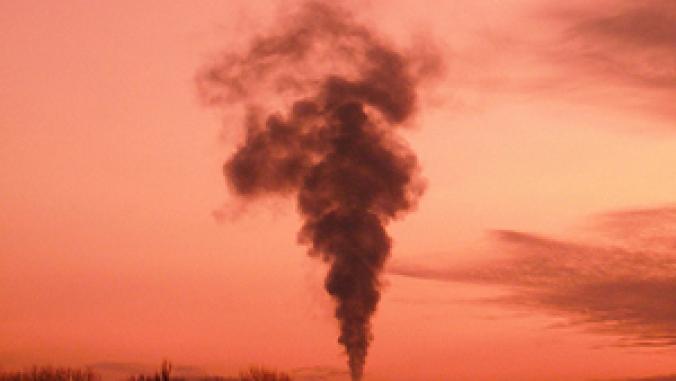EPRI and Utilities to Study Carbon Capture at Existing Power Plants
The Electric Power Research Institute will join five utilities in the U.S. and Canada to study the feasibility of retrofitting existing coal-fired power plants with carbon capture technology.

Five North American utility companies will partner with the Electric Power Research Institute (EPRI) to study carbon capture technology at existing coal-fired plants.
The utilities hail from the U.S. and Canada and range in size from 950-MW plant in Delta, Utah to Edison Mission Group’s 1,536-MW generating station in Pekin, Ill. The studies will be conducted this year, and will include research on costs, site and space constraints, performance and compatibility with existing systems.
"EPRI’s analyses have shown carbon capture and storage will be an essential part of the solution if we are to achieve meaningful CO2 emissions reductions at a cost that can be accommodated by our economy," Bryan Hannegan, EPRI’s vice president of Generation and Environment, said in a statement. "Projects such as this, in which a number of utility companies come forward to offer their facilities and form a collaborative to share the costs of research, are critical to establishing real momentum for the technologies that we will need."
The program will focus on post-combustion carbon dioxide capture, which faces site challenges such as limited space and heat, cooling requirements and possible steam turbine modifications. Fifteen other companies and organizations have joined the program, EPRI said.
The utilities hail from the U.S. and Canada and range in size from 950-MW plant in Delta, Utah to Edison Mission Group’s 1,536-MW generating station in Pekin, Ill. The studies will be conducted this year, and will include research on costs, site and space constraints, performance and compatibility with existing systems.
"EPRI’s analyses have shown carbon capture and storage will be an essential part of the solution if we are to achieve meaningful CO2 emissions reductions at a cost that can be accommodated by our economy," Bryan Hannegan, EPRI’s vice president of Generation and Environment, said in a statement. "Projects such as this, in which a number of utility companies come forward to offer their facilities and form a collaborative to share the costs of research, are critical to establishing real momentum for the technologies that we will need."
The program will focus on post-combustion carbon dioxide capture, which faces site challenges such as limited space and heat, cooling requirements and possible steam turbine modifications. Fifteen other companies and organizations have joined the program, EPRI said.
The remaining plants participating in the program are Great River Energy's 1,100-MW Coal Creak Station in Underwood, North Dakota, Nova Scotia Power's two 160-MW units at the Lingan Generating Station, and a 176-MW circulating fluidized bed boiler at FirstEnergy's Bay Shore Plant in Oregon, Ohio.




